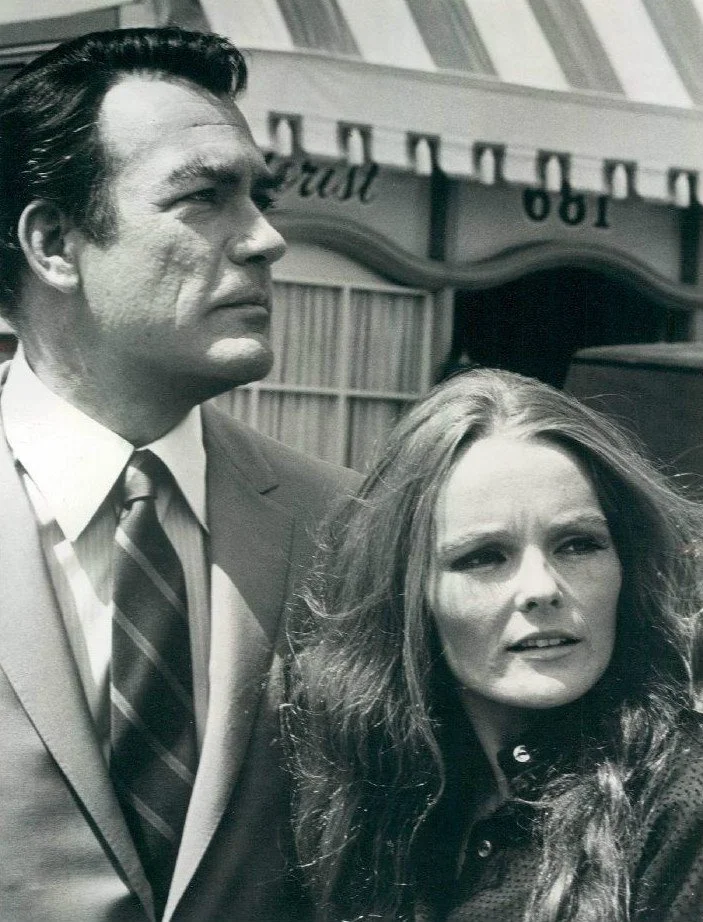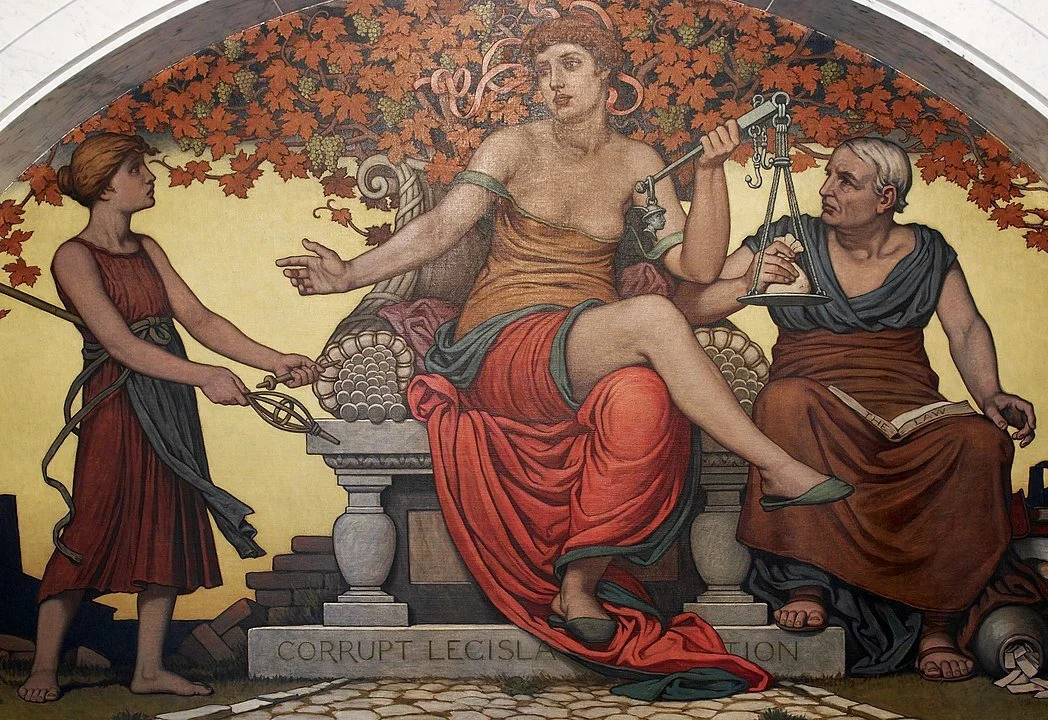![TV Shows About Lawyers]()
Growing up, I watched a lot of Law & Order. And while that show concerns criminal law and not commercial litigation, it gave young me a little insight into what being a lawyer in New York was like. In my current experience, it gets a lot of things right and a lot of things wrong.
Read More
![Litigation in Thailand]()
In civil cases, a court deposit is required. If the client wins, then the court deposit is refunded. If the client loses the deposit is forfeited. The prevailing party in a court dispute can also claim attorney’s fees. However, the Thai court rarely grants the other party’s legal fees in civil cases. If a client is granted attorneys’ fees, then the fees are awarded pursuant to a specific court rate. The court rate attorneys’ fees are much less than the market rate.
Read More
![Load Files to Document Productions]()
Load files may tell document review software what images together form a single document (for example, Bates numbers 1-25 are a single document, then numbers 26-28 are the next document, etc.). It may also tell the software which documents are “family members” of other documents, by saying, for example, that Bates numbers 26-28 are an attachment to an email found at Bates numbers 1-25.
Read More
![Comments on Recent Cases: November 2021]()
Through a doctrine called respondeat superior, an employer can be held civilly liable in litigation for the negligence of its employees. This often leads to defendants arguing they should not be liable because they are not technically the employer of the negligent person.
Read More
![Initial Disclosures]()
Counsel often make initial disclosures at the start of the case when they are the least familiar with the facts. After spending months studying the documents and interviewing witnesses, they commonly learn additional information about knowledgable witnesses and the location of information. Accordingly, they often update the disclosures by producing a supplement.
Read More
![Stipulated Facts]()
Because both sides need to agree on the stipulation, they are often drafted in a neutral, non-argumentative way. So instead of stating “The defendant wrongfully trespassed on the innocent plaintiff’s property,” as a complaint may say, the stipulation may instead say, “The defendant walked into the living room at 35 Main Street.”
Read More
![Litigation in Nigeria]()
In Nigeria, parties are required to file along with their pleadings, a list of witnesses they intend to call, together with their statements on oath as well as copies of all documents they intend to rely on at the trial. This concept is known locally as “frontloading.”
Read More
![Comments on Recent Cases: October 2021]()
Plaintiffs get to pick who represent them, but a defendant may ask the court to disqualify their lawyer anyway. Ordinarily they do this when there is a conflict of interest, such as when the plaintiff’s lawyer also represents the defendant. But defendants may make this motion in other situations as well.
Read More
![Motions to Disqualify Counsel]()
In some cases, the lawyer herself may be involved in the facts of the case and so have the need to testify as a fact witness. In those cases, she may be prohibited from serving as trial counsel through the “advocate witness rule.” This rule arises from the fear that a juror may believe a lawyer is more credible than a lay witness. This rule, however, ordinarily does not preclude the lawyer from representing her client in matters before the judge because courts are less concerned that judges will put undue credit on the testimony of a lawyer.
Read More
![Expert Reports]()
A professional expert may seem less credible to a judge or jury; after all, their career depends upon providing favorable testimony to whoever pays them. But a professional expert may also be more knowledgeable about how to testify at depositions or at trial, or better able to prepare an expert report. And a professional expert may also be able to provide a list of previous cases in which other judges agreed that her testimony was persuasive, which may convince the next judge that she is reliable.
Read More
![Litigation in Denmark]()
The Danish courts have been overwhelmed with cases the last few years. There is currently a focus on expediting cases concerning violence, weapons and sexual abuse. Thus, the civil cases are scheduled for hearing before a judge 15-24 months after the initial pleading/subpoena.
Read More
![Comments on Recent Cases: September 2021]()
A fraud case often requires an explicit false statement and the plaintiff’s justifiable reliance on the statement. A case based on the failure to disclose the truth, instead of an outright lie, is harder. And a judge may dismiss a fraud claim entirely if the plaintiff knew the truth the whole time.
Read More











